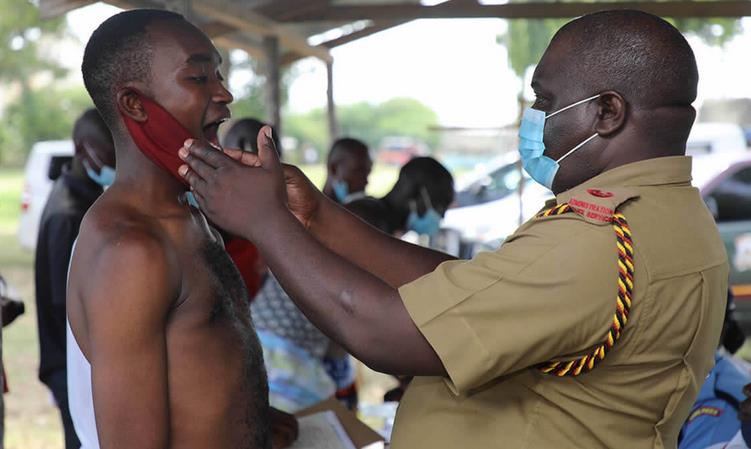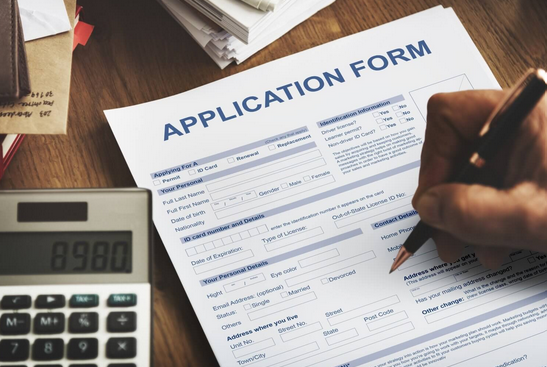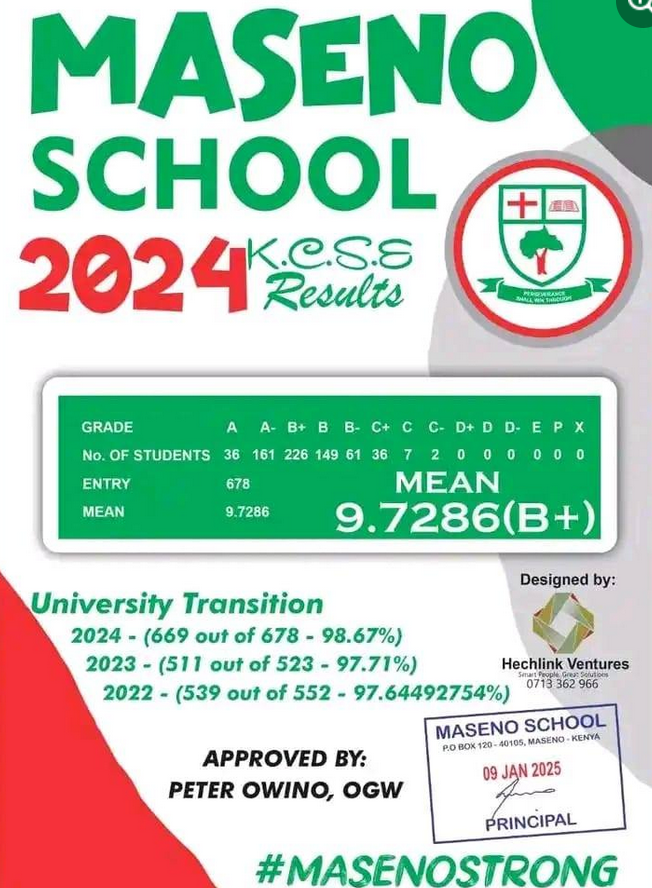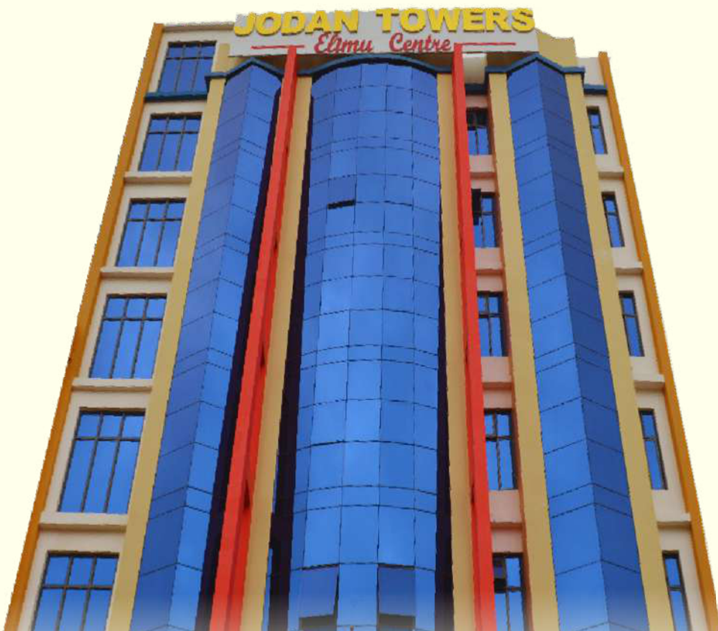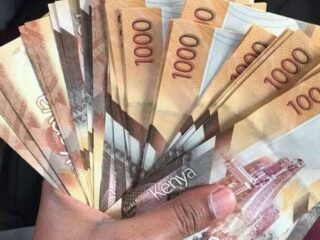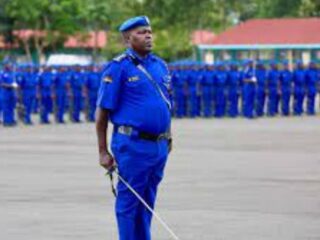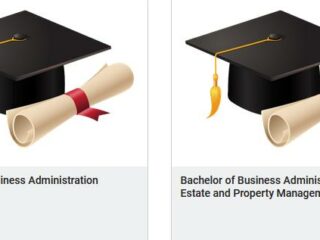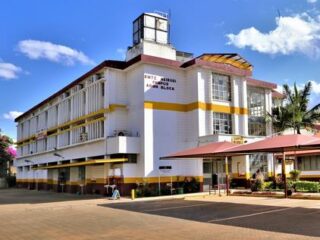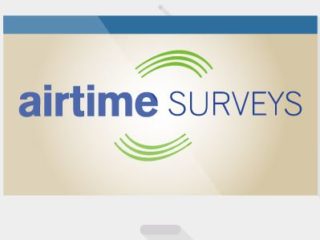MBA is one of the best Masters courses to pursue in South Africa. There are many universities offering the course. Below are the admission requirements for each university:
University of South Africa MBA Admission Requirements
- A Bachelor’s Honours Degree or a Postgraduate Diploma, with a minimum 120 credits, OR a 480-credit Bachelor’s Degree. …
- A recent detailed Curriculum Vitae indicating three years or more managerial/professional work experience.
University of Cape Town MBA Admission Requirements
Attributes and qualifications needed for this degree
The UCT GSB MBA programme is geared toward talented, mature adults with proven academic ability and business experience who are highly motivated to succeed. Students are selected based on their capacity for personal and professional development.
PROSPECTIVE UCT GSB MBA CANDIDATES NEED TO:
- Be 25 years or older.
- Have a minimum of three years relevant work experience.
- Be fluent in English. Applicants whose mother tongue is not English will be required to produce a TOEFL certificate to verify fluency in English.
- Submit an official score from a standardised assessment. Candidates can select either the GMAT, NMAT, Executive Assessment or GRE.
- Have a NQF level 8 qualification (a Bachelor Honours degree or Postgraduate Diploma).
- Candidates with a non-South African qualification need to verify the equivalence to a South African degree. This can be done by contacting the South African Qualifications Authority
- Candidates not meeting the NQF level 8 requirement can apply through the Recognition of Prior Learning (RPL) route and submit the Portfolio of Learning (POL) assessment form. Prospective MBA students who will be considered under the RPL policy should have:
- At least an NQF 4 qualification.
- Relevant work experience of usually 7 years or more depending on the NQF level qualification above (i.e. prospective students with a lower NQF level need higher levels of work experience). Typically, three or more years of work experience should have been in a management or a relevant professional position.
- Candidates not meeting the NQF level 8 requirement should be able to demonstrate learning and academic ability that corresponds to the NQF 8 level, including critical thinking, problem solving and research skills.
- Submit a CV you can collate your CV as you fill in your information, employment history and qualifications in the pre-application portal.
- Two referee reports submitted as part of the application
- Personal motivations in the form of three essays that will be used for selection purposes
- Selected applicants will be required to take part in an interview.
University of Johannesburg MBA Admission Requirements
These are the minimum requirements for the University of Johannesburg MBA programme. Many other institutions have the same or very similar MBA admission requirements. The educational minimum requirements to study an MBA in South Africa are set by the Council for Higher Education and as such any accredited institution offering an MBA in South Africa is required to adhere to the same MBA admission requirements. In South Africa, entry requirements are set by the National Qualifications Framework (NQF).
A 4-year Bachelor’s degree (NQF level 8)
OR
Honours degree (NQF level 8)
OR
3-year Bachelor’s degree (NQF level 7) plus a Postgraduate Diploma (NQF level 8)
AND
A minimum of four years’ work experience
Some variations are the inclusion of minimum age, the exact number of years of work experience and at what level and sometimes a certain baseline of English and mathematical competency. There are also sometimes options for recognition of prior learning as well as equivalencies for academic qualifications gained outside of South Africa.
Pros and cons of an MBA
If you are considering studying for an MBA and looking at the admission requirements, you probably want to weigh up the costs versus the benefits of studying for an MBA. Here are some of the pros and cons.
Cons:
- An MBA is on average a far more costly degree than most other degrees.
- Time required to commit to studies
- Potential opportunity costs
- Advanced minimum requirements to study an MBA
Pros:
- Learn strategic thinking and how to run a business
- Tuition by experts in their fields
- Access to a large network of alumni
- Develop leadership skills and confidence to take charge
- Learn international trends and best practices
- Gain the skills to start your own business
MANCOSA MBA REQUIREMENTS
Mancosa MBA requirements:
Can anyone do an MBA? Can you do an MBA without a degree? These are questions that our advisors are often asked by prospective students. We can confirm the following when it comes to who can study an MBA?
- students to be older than 25,
- have at least three year’s working experience,
- be fluent in English
- have a Bachelor Honours degree, postgraduate diploma or a Bachelor’s degree equivalent based on relevant work experience.
MBA Entrance Requirements
Applicants can also be required to obtain a score of 550 on the Graduate Management Admissions Test (GMAT). The GMAT is a 3½-hour standardized exam designed to predict how you will perform academically. Graduate business schools use the score to make admission decisions.
Some institutions require you to write an NMAT or APIL test, for similar competency scores. Recognition of Prior Learning (RPL) candidates are usually required to write the NMAT test.
What documents do you need to apply for an MBA?
You will need the following documents when applying for an MBA:
- a clear copy of your degree certificates
- a transcript showing the symbol or percentage obtained for each module
- original documentary proof of at least three years’ managerial or professional work experience on a letterhead
- a recent Curriculum Vitae and a clear copy of your identity document or passport
In addition to which, you will also need to complete an essay motivating why you want to study for a Master of Business Administration. A recommendation letter from your employer which supports your application and acknowledging your study obligations may also be necessary.
UNIVERSITY OF CAPE TOWN MBA ADMISSION REQUIREMENTS
UCT GSB MBA
The UCT GSB MBA programme is geared toward talented and mature adults who have proven academic ability and business experience, and who are highly motivated to succeed. Students are selected, inter alia, on their capacity for personal and professional development. The UCT GSB uses a number of criteria in selecting candidates.
To be considered for the UCT GSB MBA candidates need to:
- Be 25 years or older.
- Have a minimum of three years work experience.
- Be fluent in English. Applicants whose mother tongue is not English will be required toproduce a TOEFL certificate to verify fluency in English. Some applicants may additionally be asked to complete the National Benchmark Test (NBT).
- Have completed either a Bachelor Honours degree or Postgraduate Diploma or a cognate Bachelor’s Degree equivalent at NQF level 8 through relevant work experience. Candidates not meeting the degree requirement can apply through the Recognition of Prior Learning (RPL) route and submit the Portfolio of Learning (POL) assessment form. Verification of whether the qualification is equivalent to a South African degree is also required. This can be done by contacting the South African Qualifications Authority.
- Write the GMAT. All applicants are required to write the Graduate Management Admissions Test (GMAT) and obtain an acceptable GMAT score. A GMAT score of 550 will ordinarily be required. The GSB offers a five-day GMAT Preparation Course to help students prepare for the GMAT.
In addition to the above criteria the GSB uses other indicators including essays about life experience, goals, attitudes and values, evaluations from two referees and details of work experience, educational and extramural activities.
An interview may also be required.
UCT GSB Executive MBA
Admission to the Executive MBA is highly selective and enrolment is limited.
To be considered for the UCT GSB EMBA candidates need to:
- Have a minimum of 10 – 15 years’ work experience and a proven management track record in the public or private sector.
- Be fluent in English. Applicants whose mother tongue is not English will be required to produce a TOEFL certificate to verify fluency in English.
- Have completed either a Bachelor Honours degree or Postgraduate Diploma or a cognate Bachelor’s degree equivalent at level 8 through relevant work experience. Candidates not meeting the degree requirement can apply through the Recognition of Prior Learning (RPL) route and submit the Portfolio of Learning (POL) assessment form. Verification of whether the qualification is equivalent to a South African degree is also required. This can be done by contacting the South African Qualifications Authority.
- Write the GMAT or MCPA. EMBA applicants have two options. They can write the Graduate Management Admissions Test (GMAT) and obtain an acceptable GMAT score (a score of 550 will ordinarily be required). The UCT GSB offers a five-day GMAT Preparation Course to help students prepare for the GMAT. Alternatively, candidates can choose to write the Management Career Path Appreciation Assessment (MCPA) , which provides an indication of the candidate’s current and future capabilities.
GORDON INSTITUTE OF BUSINESS STUDIES MBA ADMISSION REQUIREMENTS
As of 2016 prospective students interested in studying towards a Master’s in Business Administration (MBA) will now be required to be in possession of an NQF level eight qualification, i.e. honours degree, postgraduate diploma or equivalent qualification.
In response to this, GIBS has restructured the MBA. GIBS accommodates students with a three year degree through a Postgraduate Diploma in General Management. Students need to successfully complete all requirements for the Postgraduate Diploma in General Management in order to be eligible to gain entry in to the GIBS MBA.
The following core courses are covered in the Postgraduate Diploma in General Management:
- Financial Accounting;
- Microeconomics;
- Marketing;
- Human Behaviour and Performance in South Africa;
- Management Accounting;
- Macroeconomics;
- Human Resource Strategy;
- Analytical Tools and Techniques;
- Corporate Finance;
- Organisational Development; and
- Transformation Operations Management.
Students may be eligible for credits for the postgraduate diploma or equivalent obtained at another institution. Please contact our admissions department for more information.
- A minimum of five years’ work experience, at least two years of which must have been at management level;
- Leadership potential (your experience, letters of reference and application essays should all reveal that you can assume a leadership role in the workplace);
- Good English language skills to actively participate in academic debate;
- A minimum of Matriculation certificate-level competence in Mathematics;
- Competence in the use of a scientific or financial calculator; and
- Competence in MS Word, Excel, PowerPoint and a web browser.
Entrance Tests: Applicants for the MBA programme must complete either the GIBS Entrance Test or the GMAT. Please note that while these tests represent only one of the several selection criteria for admission to the MBA programme, the applicant must meet the following minimum requirements:
- A score of 550 for the GMAT;
- A minimum of an average score for at least two of the three components of the GIBS
Entrance Test
When making the final decision to accept an applicant, we also look carefully at their undergraduate academic record, references, essays and work experience. In some cases we may request applicants to attend an interview or panel discussion prior to making a decision.
Please note: Four subjects from the GIBS PDBA will be considered as credits towards the GIBS MBA. This is conditional on students attaining a 65% aggregate in these subjects and commencing the MBA within five years of completing the PDBA. No other degrees or credits are eligible.
Non-degreed students: It is compulsory for non-degreed applicants to register for the GMAT. A minimum score of 550 must be achieved in order for the application to be considered. In addition, non-degreed applicants will undergo a series of interviews (panel and one-on-one) and admission to the programme is subject to approval by the Senate of the University of Pretoria.
STELLENBOSCH BUSINESS SCHOOL MBA ADMISSION REQUIREMENTS
Academic qualifications
The SA Council on Higher Education requires MBA applicants to have one of these qualifications:
- 4-year Bachelor’s degree (NQF level 8), OR
- Honours/Postgraduate degree (NQF level 8), OR
- 3-year Bachelor’s degree (NQF level 7) plus a postgraduate diploma (NQF level 8)
- Additional requirement for students enrolling for the MBA stream in Project Portfolio Management: A Project Management course on NQF level 8, for which credits can be considered in respect of required electives
Other requirements
- At least 3 years of relevant full-time working experience, preferably on managerial level
- Mathematics at NSC (Grade 12) level or equivalent is highly recommended
- A comprehensive CV
- 2 essays (300 to 500 words each), showing your level of motivation and working experience. The topics are your external development perspective and your personal development perspective.
- Satisfactory selection test results (see SHL and GMAT selection test elsewhere on this page)
Selection tests
We accept the SHL and GMAT selection assessments.
- SHL assessment: The SHL is about determining your strengths and growth areas. It is not about failing or passing. The assessment consists of a verbal critical reasoning assessment, numerical critical reasoning assessment, inductive reasoning test, and Occupational Personality Questionnaire (OPQ) on behavioural preferences. Administered by Stellenbosch Business School.
- GMAT assessment: The GMAT has three timed sections, namely an analytical writing assessment, quantitative assessment and verbal assessment. Not administered by Stellenbosch Business School.
UNIVERSITY OF WITWATERSRAND MBA ADMISSION REQUIREMENTS
- NQF level 8 qualification
- Post-university work experience: A minimum of 4 years for the programme
- Acceptable GMAT, NMAT score OR the WBS Admission Test.
- Mathematics: A level of competence equivalent to the requirements of the SA Matriculation certificate
- SAQA Evaluation (International qualifications only) prior to application. SAQA Help desk: 012 431-5070 or go to: http://www.saqa.org.za
- Proof of English language proficiency (for students who have not studied at tertiary level in English)
REGENESYS MBA ADMISSION REQUIREMENTS
NTRY REQUIREMENTS
- Relevant postgraduate qualification on NQF Level 8
- Relevant work experience
NWU BUSINESS SCHOOL MBA ADMISION REQUIREMENTS
As required by the Council for Higher Education (CHE), applicants should at least hold one of the following academic requirements to be considered for the MBA programme:
A 4-year Bachelor’s degree (NQF level 8), OR
Honours/Postgraduate degree (NQF level 8), OR
A 3-year Bachelor’s degree (NQF level 7) plus a postgraduate diploma (NQF level 8).
In addition to the academic requirement, applicants should also have a minimum of 3 years’ relevant managerial experience. Students who do not meet the academic qualification criteria above, but can demonstrate significant managerial experience, may apply to be considered to the MBA programme via the Recognition of Prior Learning (RPL) process of the university. In line with the requirements of the CHE, the university may admit up to 10% of its student body under RPL. Candidates who wish to be admitted through the RPL process will have to submit all the same documentation and tests as required for all prospective students. In addition, they should provide a portfolio of evidence that meet the requirements of the university. Notwithstanding the above minimum requirements, the university reserves the right of admission to the MBA programme after taking its operational and capacity (including financial aspects) requirements, quality assurances, teaching and learning policies, as well as any other matters that may influence admission into account.
MSA MBA ADMISSION REQUIREMENTS
Minimum Admission Requirements
An appropriate HEQSF Level 8 Bachelor Honours degree; OR
A relevant HEQSF Postgraduate Diploma or appropriate equivalent; OR
An appropriate Level 8 Bachelor’s Degree (480 credits) may also be recognised as meeting the minimum entry requirements to a cognate Master’s Degree programme
Minimum of three years’ relevant work experience.
CV review and interview by Programme Manager to ensure alignment between candidate and programme.
Additional Notes:
All applicants who are eligible for admission to the Master of Business Administration degree are required to successfully complete and present a research proposal and obtain ethics clearance for the research for their mini-dissertation.
Please note, requirements for entry to this qualification are correct at the time of publication. However, these may change.


